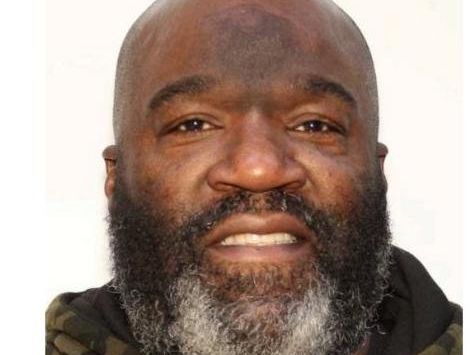Search results
People also ask
What is in-hospital cardiac arrest?
What causes in-hospital cardiac arrest?
How common is in-hospital cardiac arrest?
Is in-hospital cardiac arrest a high-risk cardiovascular condition?
What is cardiac arrest & how does it affect health care?
May 15, 2024 · More than 356,000 people have an out-of-hospital cardiac arrest in the United States every year, 1 and about 60% to 80% of them die before reaching the hospital. 2 Cardiac arrest occurs when the heart suddenly and unexpectedly stops beating.
Mar 3, 2019 · The cause of the cardiac arrest is most often cardiac (50%-60%), followed by respiratory insufficiency (15%-40%). Efforts to prevent in-hospital cardiac arrest require both a system for identifying deteriorating patients and an appropriate interventional response (eg, rapid response teams).
- Lars W. Andersen, Lars W. Andersen, Mathias J. Holmberg, Mathias J. Holmberg, Katherine M. Berg, Mic...
- 10.1001/jama.2019.1696
- 2019
- 2019/03/03
Dec 6, 2022 · In-hospital cardiac arrest (IHCA) is associated with a high risk of death, but mortality rates are decreasing. The latest epidemiological and outcome data from several cardiac arrest registries are helping to shape our understanding of IHCA.
Nov 15, 2012 · Both survival and neurologic outcomes after in-hospital cardiac arrest have improved during the past decade at hospitals participating in a large national quality-improvement registry.
- Saket Girotra, Brahmajee K. Nallamothu, John A. Spertus, Yan Li, Harlan M. Krumholz, Paul S. Chan
- 2012
Jan 31, 2022 · We found that rates of survival to discharge for in-hospital cardiac arrest were lower during the initial COVID-19 pandemic surge in the United States, especially in communities with high COVID-19 mortality rates.
Hospital-based resuscitation systems in the United States are an essential component of the cardiac arrest chain of survival and, in addition to responding to IHCA, provide the bulk of specialized post-arrest care for both OHCA and IHCA patients.
Aug 29, 2021 · A recent randomized trial involving patients with cardiac arrest without ST-segment elevation that compared immediate angiography with delayed angiography showed no significant between-group ...































